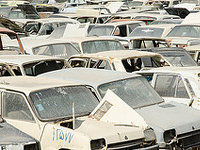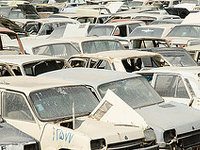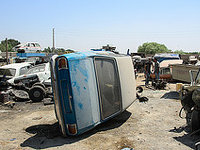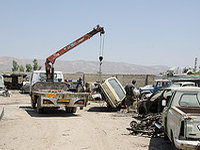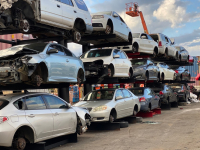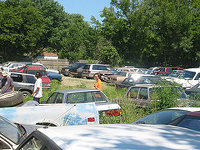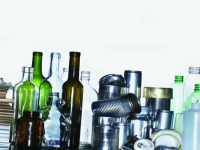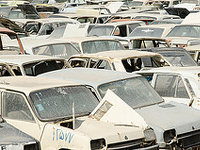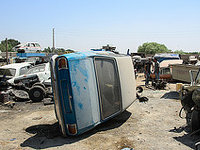-
Maui Auto Wrecking
Mokulele Hwy, Kahului, HI 96732
Junkyard101 miles 4/5 - 1 reviews
Need 2 parts
"Black plastic grill front, and tail light assembly for passenger side."
-
Abes Auto Recyclers Inc
96-1268 Waihona St, Pearl City, HI 96782
Junkyard188.3 miles 5/5 - 1 reviews
Lov this place
"Love this. Great people & parts. Thank you."
-
-
-
Oahu Cyber Junkyard
1061 Mikole St, Honolulu, HI 96819
Junkyard / Towing Service178.5 miles 2.3/5 - 3 reviews
-
-
-
-
Abes Auto Recyclers
96 Waihona St Pearl City Indust Park 1268, Honolulu, HI 96801
Junkyard188.4 miles
🤓 Did you know... The junkyards and auto salvage yards near Hawaii County, HI shown in this listing have been selected and ordered based on both reviews and our quality criteria. Learn more about our selection and ranking criteria.

